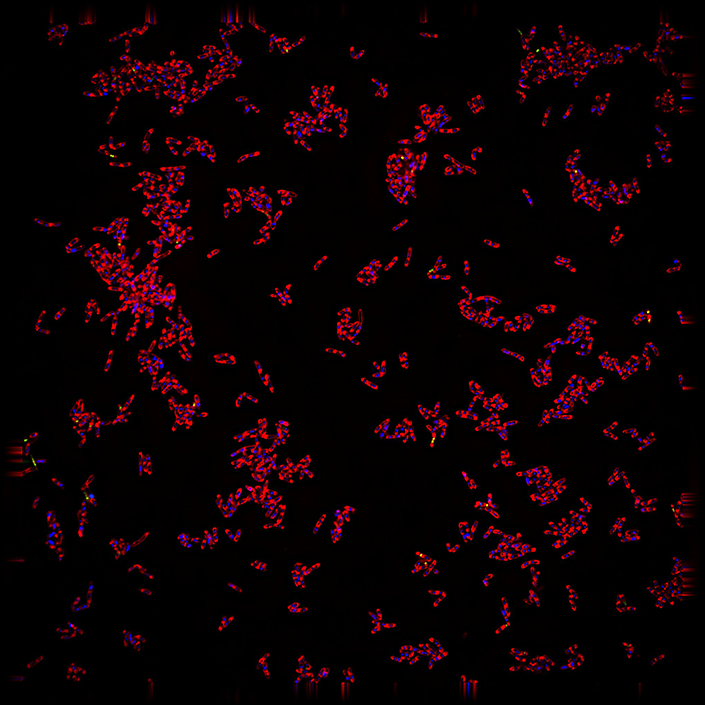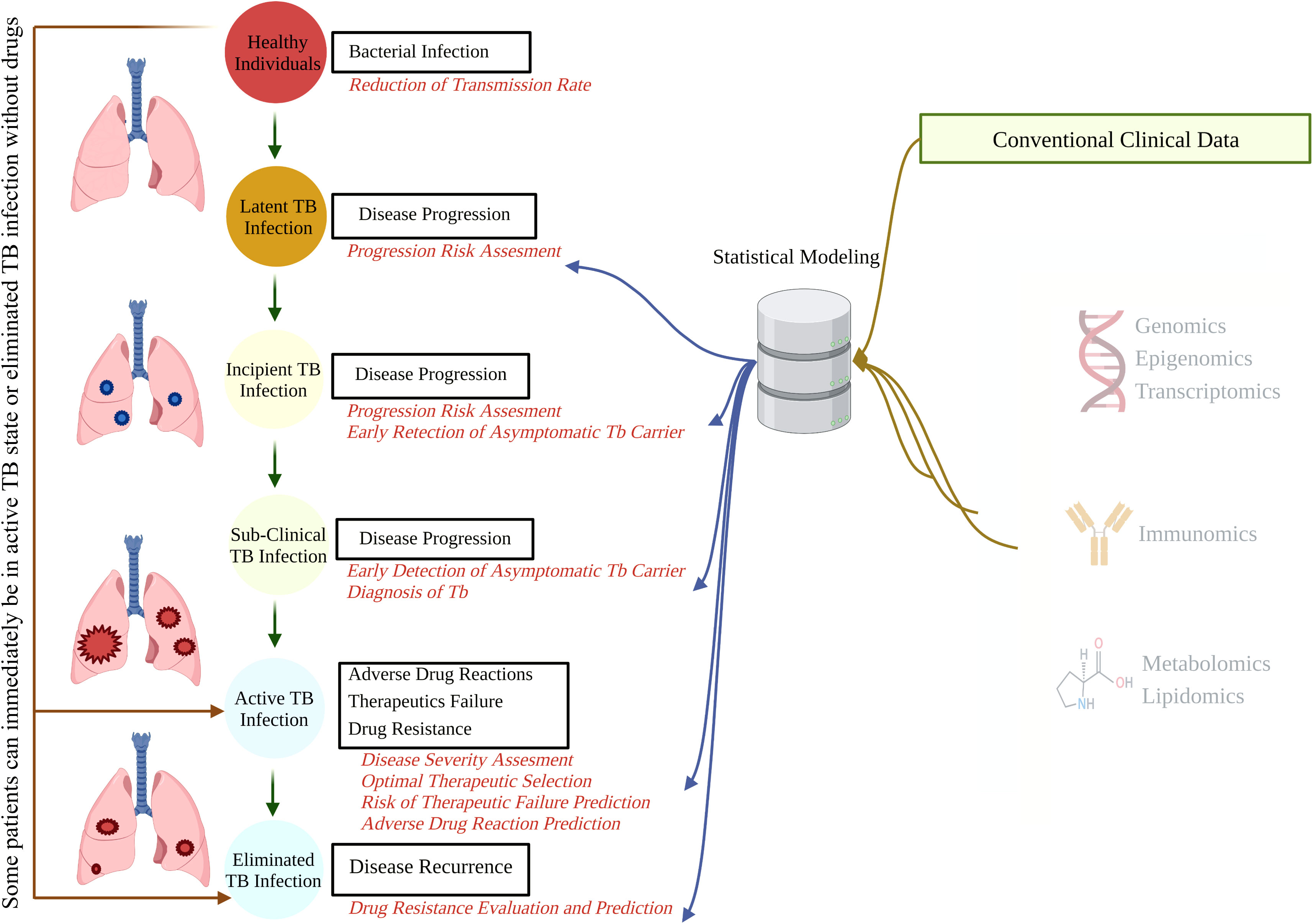
AI-Driven Solutions in Healthcare: Accelerating Drug Development
The realm of healthcare is undergoing a seismic shift, driven by the relentless advance of artificial intelligence (AI). Originally relegated to the realm of science fiction, AI is now at the forefront of revolutionizing drug discovery and development, offering faster, more effective methods to tackle diseases like tuberculosis (TB). This transformation holds immense promise, particularly in the fight against drug-resistant diseases that have long posed insurmountable challenges to traditional medical approaches.
The Promise of AI in Drug Discovery
Artificial intelligence's potential in drug development is nothing short of transformative. Traditional methods of drug discovery, especially for complex diseases such as tuberculosis, are notoriously time-consuming and labor-intensive. They often involve trial and error, with scientists sifting through vast amounts of data to identify potential drug candidates. However, AI has the capability to streamline this process significantly, as demonstrated in recent studies.
According to Global Health Technologies Coalition, AI is now being utilized to screen for antimicrobial compounds that could lead to new tuberculosis treatments. This technology accelerates the otherwise laborious process by efficiently interpreting complex data, such as images of the Mycobacterium tuberculosis bacterium, thereby speeding up research capabilities and enhancing the accuracy of identifying promising drug candidates.

Case Study: Tuberculosis Drug Development
Tuberculosis remains a significant global health challenge, with drug-resistant strains exacerbating the situation. Traditional drug discovery methods have struggled to keep pace with the evolving nature of the disease. Enter AI, which has the potential to change the paradigm by identifying new drug candidates more efficiently.
A new study highlights AI's role in identifying antimicrobial compounds that could be developed into TB drug treatments. This is a crucial development, given the rise of drug-resistant TB strains. By leveraging sensitive machine learning algorithms, scientists can interpret complex biological data faster and more accurately. This not only speeds up research but also increases the likelihood of success in drug development.
The Global Health Innovative Technology (GHIT) Fund has taken significant steps in this regard, investing $12.7 million across various projects to develop new diagnostics and drugs for diseases including tuberculosis. This investment is part of a broader effort to address neglected tropical diseases, with AI playing a central role in these initiatives.
AI's Broader Impact on Healthcare
The application of AI in healthcare extends beyond drug discovery. It is revolutionizing various aspects of medical research and patient care. For instance, AI is being used to predict disease outbreaks, optimize treatment regimens, and personalize patient care based on genetic information.
Moreover, the technology is enhancing diagnostic processes. AI algorithms can analyze medical images with remarkable precision, aiding radiologists in detecting anomalies that might be missed by the human eye. This capability is particularly beneficial in oncology, where early detection of cancerous cells can significantly improve patient outcomes.
Challenges and Ethical Considerations
Despite its promise, the integration of AI into healthcare is not without challenges. There are concerns regarding data privacy, as AI systems rely on vast amounts of personal health data to function effectively. Ensuring the security and confidentiality of this data is paramount to gaining public trust.
Furthermore, ethical considerations must be addressed. The use of AI in healthcare raises questions about accountability and transparency. For instance, if an AI system makes a diagnostic error, who is responsible? Developing ethical guidelines and regulatory frameworks is essential to navigate these challenges.
The Future of AI in Drug Development
Looking ahead, the role of AI in drug development is poised to expand further. Continued advancements in machine learning and data processing capabilities will enhance AI's ability to analyze complex biological data, paving the way for breakthroughs in drug discovery.
Collaborations between academia, industry, and nonprofit organizations will be crucial in driving these advancements. The Global Health Technologies Coalition exemplifies such collaboration, bringing together nonprofits, academic institutions, and businesses committed to advancing health equity through innovation.
As AI continues to evolve, its applications in healthcare will likely become more sophisticated, offering new solutions to age-old medical challenges. The dream of personalized medicine, where treatments are tailored to individual genetic profiles, will move closer to reality, thanks in large part to AI-driven innovations.
Conclusion
In conclusion, AI is revolutionizing healthcare, particularly in the field of drug discovery and development. Its ability to accelerate the identification of new drug candidates, as seen in tuberculosis research, highlights its transformative potential. However, realizing this potential requires addressing the challenges and ethical considerations associated with AI use in healthcare.
As we stand on the brink of a new era in medicine, the integration of AI into the drug development process offers a glimpse of the future—a future where diseases that once seemed insurmountable can be managed, and perhaps even eradicated, through the power of technology. The journey is just beginning, and the possibilities are limitless.